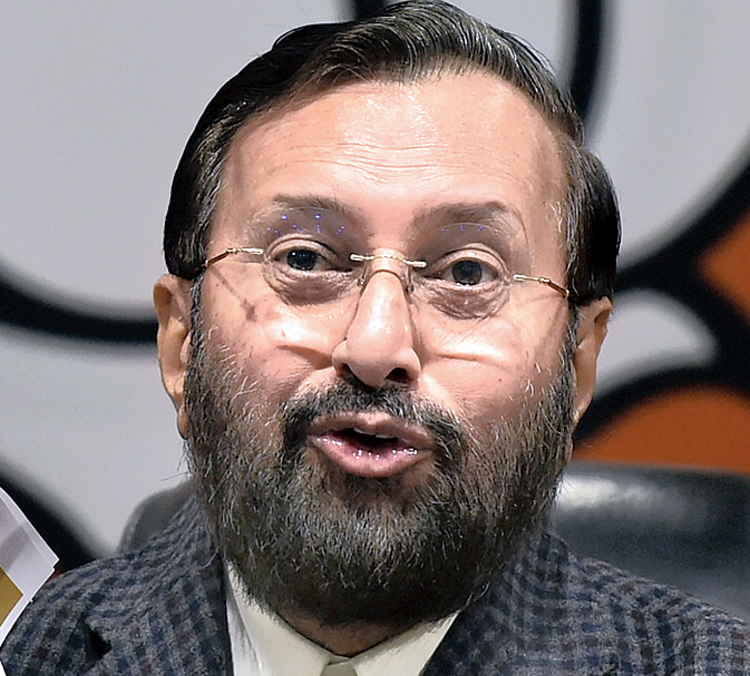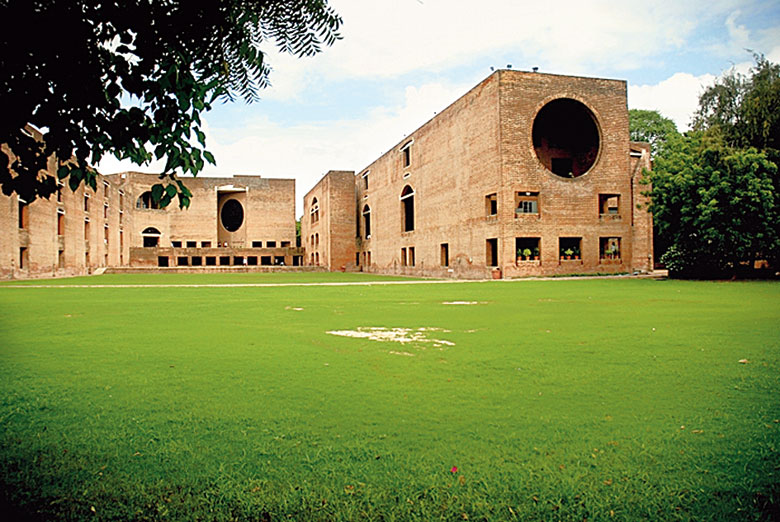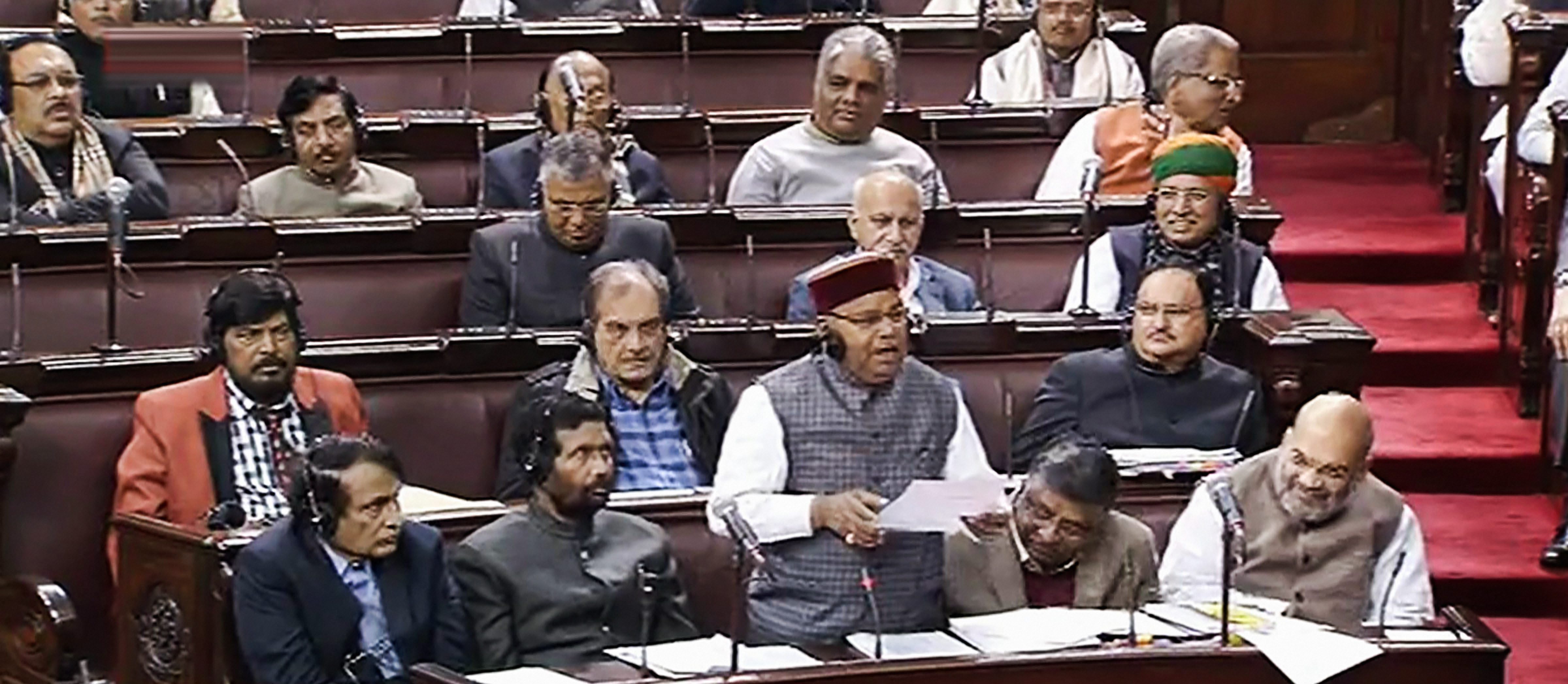The IITs and the IIMs are likely to seek exemption from the economic quota for the coming academic session, the tech institutes citing inadequate infrastructure and the B-schools flagging the absence of an “economically weaker section” box on the CAT application form.
The human resource development ministry has asked all the central educational institutions to start implementing the 10 per cent economic quota from the 2019-20 session, and to increase their seats to accommodate it.
But one IIT director said that since the tech institutes were residential campuses, increasing the college seats would demand a corresponding increase in hostel seats, which is difficult to do at short notice.
Several IIT directors sought solace in an apparent loophole in the government order, which suggested the new quota “shall not reduce the number and percentage of reservation provided for (the) Scheduled Castes, Scheduled Tribes and Other Backward Classes categories”.
“The ministry order does not say that the number of unreserved seats cannot be reduced. If the unreserved seats can be reduced, there’s no need to increase seats — (some of) the existing unreserved seats can be diverted for the quota,” an IIT director said.
Three IIT directors said they would write to the ministry asking whether they could implement the economic quota without increasing the seats.
Gautam Biswas, IIT Guwahati director, however, said that if the ministry insisted, the institutes would have to increase their seats and accommodate the extra students in the existing hostels.
“Being government institutions, we have to implement the reservation policy,” Biswas said.
Also, there’s little clarity about infrastructure funding, which has over the past year shifted from grants to loans, disbursed on the basis of the institutes’ ability to repay the money.

HRD minister Prakash Javadekar The Telegraph file picture
The Higher Education Funding Agency has sanctioned loans of Rs 30,000 crore to nearly 50 central educational institutions in the past year.
“Many IITs had got their loan sanctioned before the economic quota came. To implement the new quota, we have to enhance the infrastructure. It’s not clear who will fund that,” an IIT Delhi official said.
Two IIM professors said that implementing the economic quota from the coming session would be near impossible. The Common Admission Test, which helps determine admission to the master’s or postgraduate diploma courses in management, has been conducted without any mention of the economic quota.
“The CAT application form had no ‘economically weaker section’ box for the candidates to tick. The results were declared on January 5 before the quota was announced,” he said.
The director of an Indian Institute of Information Technology too highlighted that the JEE Main, conducted by the National Testing Agency for admission to BTech courses, did not provide the candidates with an opportunity to state their eligibility for the economic quota.
However, the JEE Main will be conducted twice from this year. The first round was held earlier this month and the results were announced on Saturday. The second round will be held in April. Candidates will be ranked on the basis of whichever of the two exams they perform better in.
National Testing Agency sources said the economic quota option might be introduced in the application form for the April exam, for which the filling of forms will start in the first week of February.
Those who don’t want to take the April test may be given the option by email or text message to choose the economic quota option if they want.











